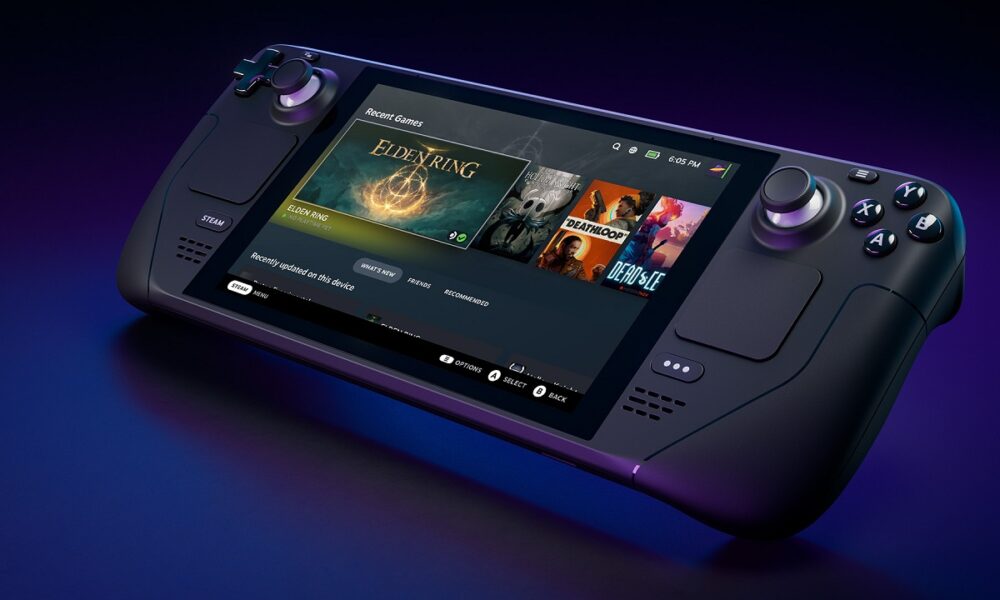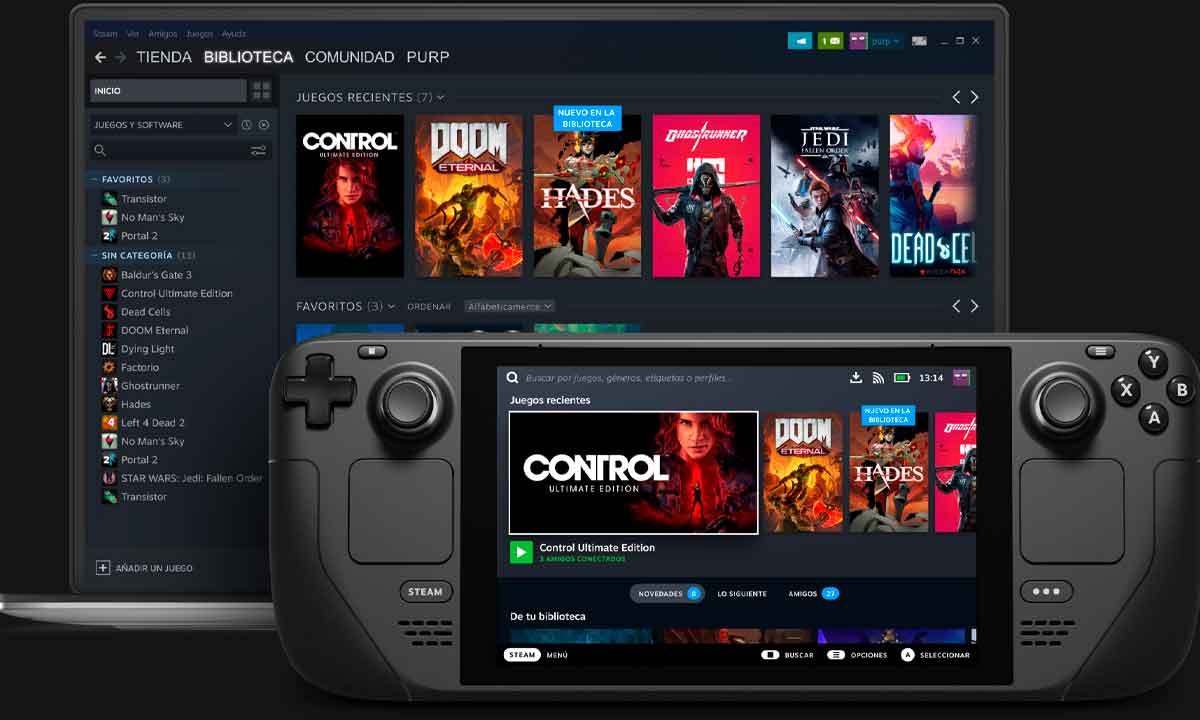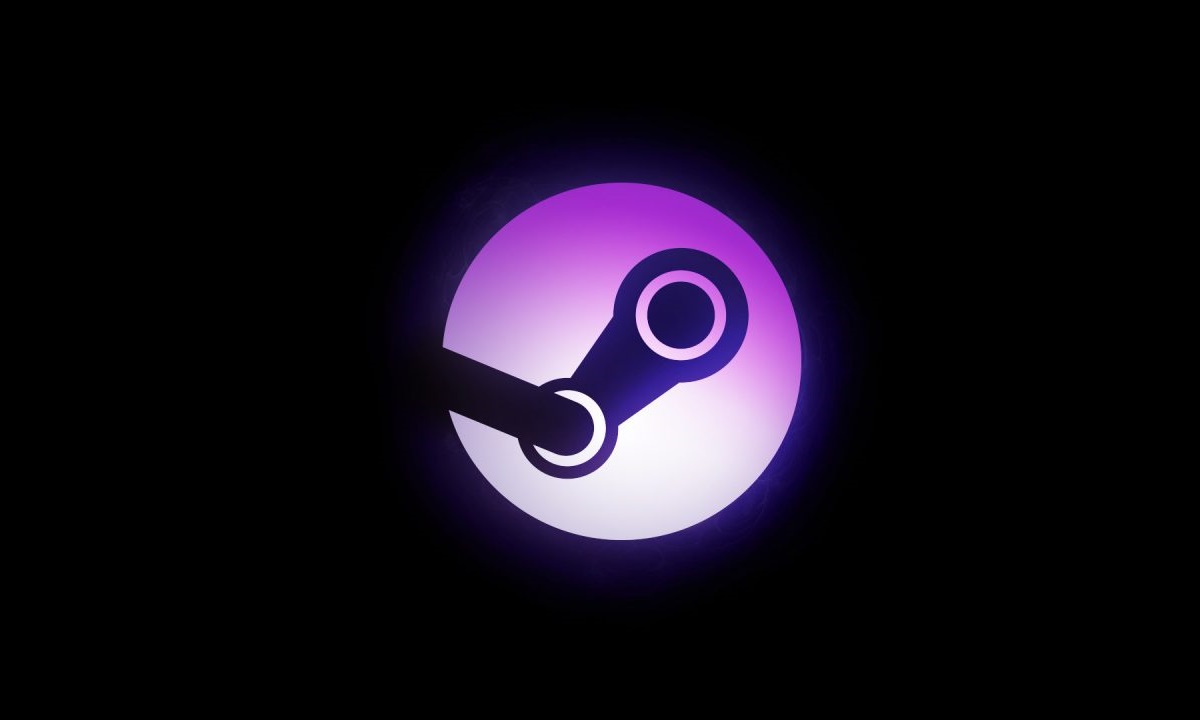75% of the top 100 games on Steam are compatible with Steam Deck
- April 1, 2023
- 0
Steam Deck recently celebrated its first year on the market, and you can already tell Valve’s console is a success restrained but a success at the end of
Steam Deck recently celebrated its first year on the market, and you can already tell Valve’s console is a success restrained but a success at the end of

Steam Deck recently celebrated its first year on the market, and you can already tell Valve’s console is a success restrained but a success at the end of the day. And like any gaming device worth its salt, its success is largely based on its catalog. Something delicate in the case, as you probably already know.
And it’s because Steam Deck is a console, but based on a general platform like a PC, to top it off, with a Linux operating system. Of course, if Steam Deck relied solely on the catalog available for Linux, it would hardly measure up as it is. Not because the number of native Linux games on Steam is small, but because many great titles that drive users are missing.
The secret behind Steam Deck—and Steam for Linux, for that matter—is called Proton, or Steam Play, a Wine-based compatibility layer that allows Windows games to run on Linux with plenty of guarantees. This compatibility has reached such a quality, largely due to the impetus brought by the Steam Deck, that its catalog does not distinguish between native or “emulated” games (it is not emulation per se, but mutual understanding).
As we have already explained several times, Steam Deck distinguishes between them compatible games between “verified” and “playable”the former are those that, in addition to working properly, are customized to offer the best possible Steam Deck experience, while the latter have been tested and work well, but may cause some problems or not be well adapted to the device’s screen and controls.

Two more categories have been added to the previous ones in terms of games and the Steam Deck: those that are not supported, titles that have been tested and that do not work well – generally due to explicit obstacles from the publishers – no. work and the bulk of the Steam catalog is still being tested. So the Steam Deck catalog must actually be much larger than is officially and unofficially acknowledged.
The last time we posted an update on him was when Steam Deck marked the figure as round and strong as 5,000 supported games. It’s been over half a year since then, but if we haven’t kept up with the bill, it’s because we haven’t been making too much noise. The next one will happen when the console doubles that number and reaches 10,000 compatible games, which there aren’t that many left (they’re after 8,000 compatible titles).
However, and as we have also reiterated elsewhere, quantity is not the only thing that matters in a catalog. There is nothing without quality, and that’s what Valve has focused on since the launch of the Steam Deck. The most obvious example is that more games are compatible with Linux than Steam Deck, although if they work well on one, they will almost certainly work on the other. There are no complaints in this regard.

According to what they collect on Boling Steam, 75% of the top 100 games on Steam can be played on Steam Deckwhich is certainly an optimistic percentage, which is broken down as follows:
Note that we repeated similar news a few years ago, but focused on Proton’s support for Linux. Back then the percentage of the top 100 games was 80%, but since then it has rained a lot and things have changed for the better, even if the number suggests otherwise. In fact, Efforts are being made to improve quality about performing the most popular games that come out.
As an example, we recently published an article with 10 triple-A titles you can play on Steam Deck, but there are even more specific ones. Two striking examples are those Elden Ring either Hogwarts heritage two near-instant hits whose reception on the Steam Deck was similarly near-instant and offers an experience whose quality improves with each new version of Proton.
Source: Muy Computer
Donald Salinas is an experienced automobile journalist and writer for Div Bracket. He brings his readers the latest news and developments from the world of automobiles, offering a unique and knowledgeable perspective on the latest trends and innovations in the automotive industry.